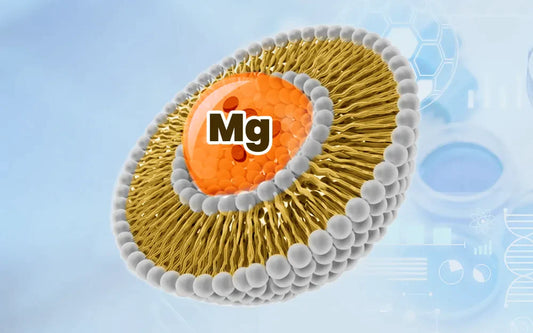

Mental Stress Increases Myostatin
Table of Contents
| Mental Stress Increases Myostatin |
Did you know that your more likely to die of a heart attack on Monday? The dread of going to a stress filled job is enough to cause a fatal heart attack for some. Severe or chronic stress has a number of adverse health outcomes, including suppression of the immune system, increased risk for cardiovascular events such as heart attack and stroke, and greater propensity for certain types of cancer and autoimmune diseases. Stress can also make a person gain weight, if you have ever known someone to be a cortisol shots for inflammatory conditions, weight gain is one of the most common side effects. Glucocorticoid administration has been found to result in the expression a catabolic gene’s consistent with muscle atrophy, including increased expression of myostatin (MSTN). Myostatin basically puts the breaks on muscle growth and results in muscle wasting. If anyone has ever been to a bodybuilding show, the mental stress of competing can be overwhelming. The ability to peak at a certain time can result in the difference between a first and 5th place finish. The weeks leading up to a show, a bodybuilder is looking in the mirror saying, “Am I too Flat?” “Do I need to be fuller?” “Am I losing weight too fast? The mental stress of getting ready for a show can turn on catabolic genes according to the American Journal of Physiology.

Researchers tested the effects of 1, 3, or 7 days of two different models of psychological stress in mice. They took the mice and basically restrained them for 1 hour a day in a by placing them in a tube which they could not move or they switched their cages daily. Placing a mice in another mice’s cage causes them severe psychological stress. If you look at the mice’s heart rate and cortisol response, they skyrocket in response to both treatments. The researchers measured levels of myostatin in muscle and looked at immune function. Thymus gland weight decreased in both restraint and cage switching mice compared with unstressed controls, suggesting that both models activated the stress response. Body mass was significantly decreased at all time points for both models of stress but was greater for restraint than cage switching. Muscle mRNA levels of the atrophy-associated genes myostatin (MSTN)and other muscle wasting genes were all significantly increased relative to unstressed mice after 1 and 3 days of restraint, and expression of myostatin and p85alpha mRNA remained elevated after 7 days of restraint. Together these data suggest that acute daily psychological stress induces atrophic gene expression and loss of muscle mass that appears to be myostatin dependent. Whats really interesting about this study is that psychological stress increased myostatin expression in muscle, so this means in addition to physiological stressors such a calorie restriction and training, mental stress can be just as damaging to a athlete.
Allen DL, McCall GE, Loh AS, Madden MC, Mehan RS. Acute daily psychological
stress causes increased atrophic gene expression and myostatin-dependent muscle atrophy. Am J Physiol Regul Integr Comp Physiol. 2010 Sep;299(3):R889-98.
Gilson H, Schakman O, Combaret L, Lause P, Grobet L, Attaix D, Ketelslegers JM, Thissen JP . Myostatin gene deletion prevents glucocorticoid-induced muscle atrophy. Endocrinology 148: 452–460, 2007.
Ma K, Mallidis C, Bhasin S, Mahabadi V, Artaza J, Gonzalez-Cadavid N, Arias J, Salehian B. Glucocorticoid-induced skeletal muscle atrophy is associated with upregulation of myostatin gene expression. Am J Physiol Endocrinol Metab 285: E363–E371, 2003.
MUSCLE MEDIA MAGAZINE FOR MEN
The premier source of training, nutrition, supplements, fat loss and health for men.

















